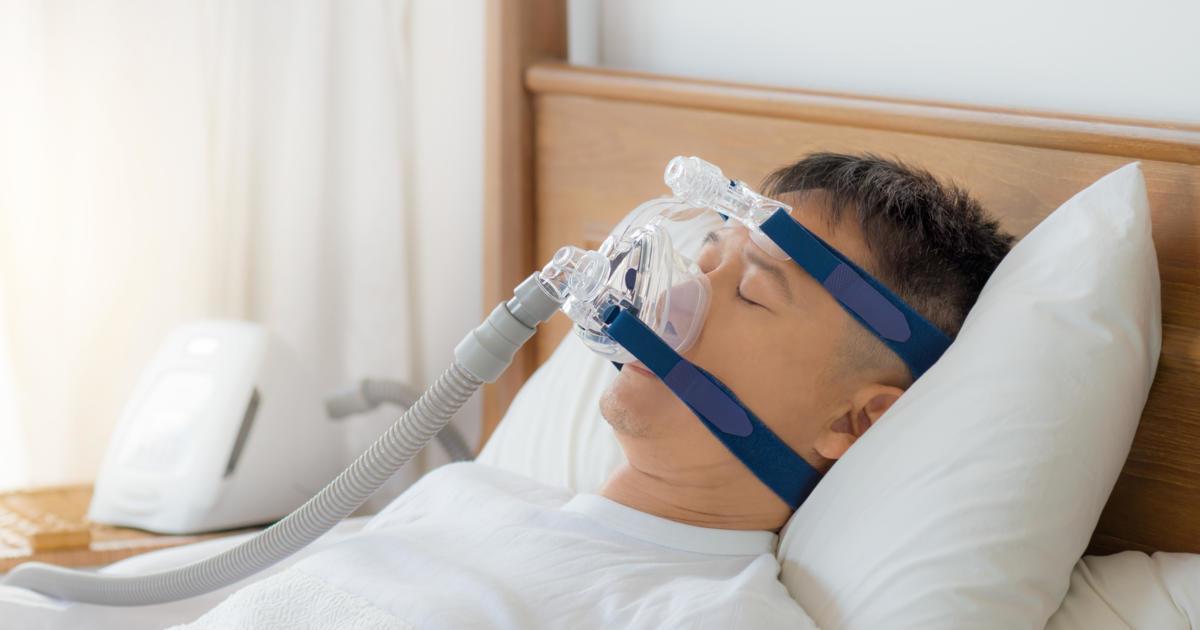Benefits Of Using A Pulse Oximeter
Peace Of Mind For Chronic Respiratory And Cardiovascular Patients

Using a pulse oximeter at home offers peace of mind for chronic respiratory and cardiovascular patients. Some of the patients who may benefit most from oximetry monitoring include individuals with lung cancer, asthma, anemia, pneumonia, congestive heart failure, chronic obstructive pulmonary disease, heart failure, or a previous heart attack. Taking pulse oximetry readings is particularly important when patients are starting a new medication. The readings can help doctors determine whether a medication is working well or whether a change is needed. Patients with cardiac and respiratory conditions may be advised to wear a pulse oximeter for continuous monitoring during physical activity. Patients can check their readings while exercising to pace the intensity of their workouts. The measurements will enable patients to decide if they are excessively exerting themselves and see how different types of exercise affect their readings. Patients should keep a log of their readings and share them with their healthcare team.
Keep reading to uncover more pulse oximeter benefits.
Assess Sleep Apnea Patients

In sleep apnea, patients stop breathing for a few seconds several times during the sleep cycle. Signs of this condition can include gasping for air, loud snoring, and a reduction in or the absence of breath sounds for a few moments. Sleep apnea is more common among smokers and individuals who are obese. The condition may cause patients to have a dry mouth, feel excessively tired during the day, and experience reduced motor skills and attention. Patients will undergo a sleep study to diagnose sleep apnea. During this study, patients will sleep overnight at a healthcare facility while wearing monitoring devices. Electrocardiogram, blood pressure, and oxygen saturation readings will all be continuously monitored during the sleep study to assess sleep apnea patients. Pulse oximetry readings will register a drop in oxygen levels when patients stop breathing. Patients who have sleep apnea often use a CPAP machine overnight to help the airway remain open. Sleep apnea patients may be advised to wear a pulse oximeter with a recording function at home overnight. The readings can help determine the effectiveness of prescribed treatments.
Learn more about the major benefits of using a pulse oximeter now.
